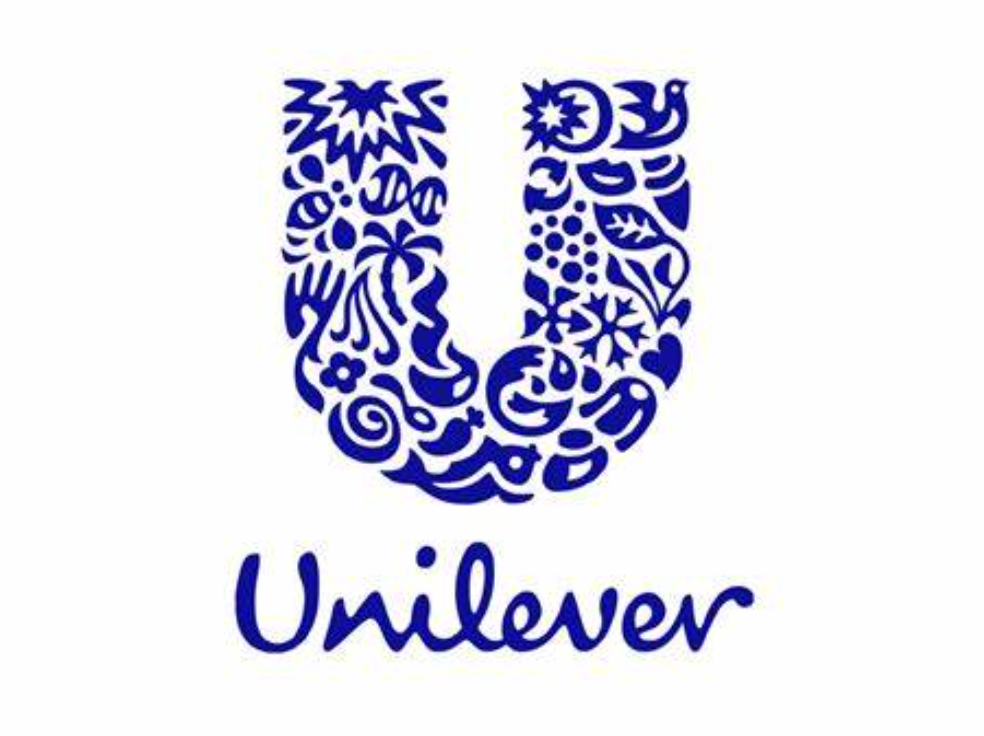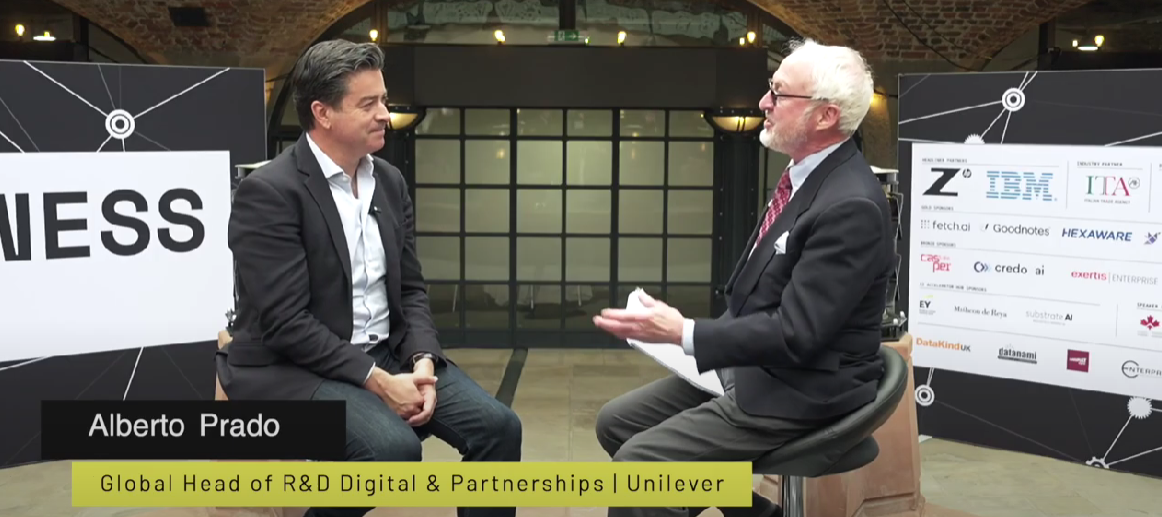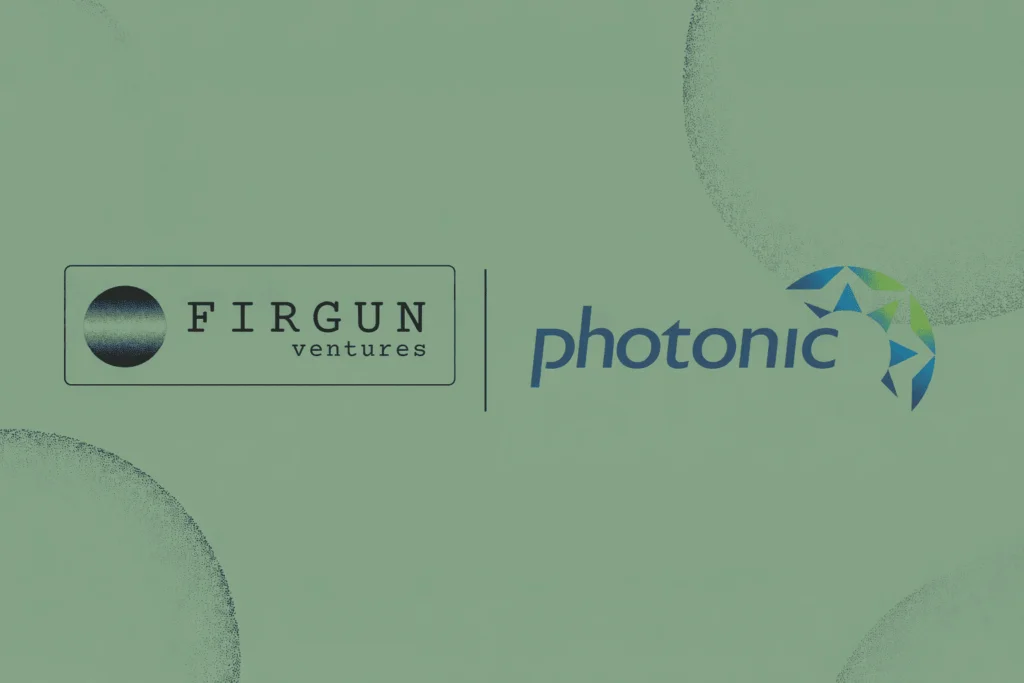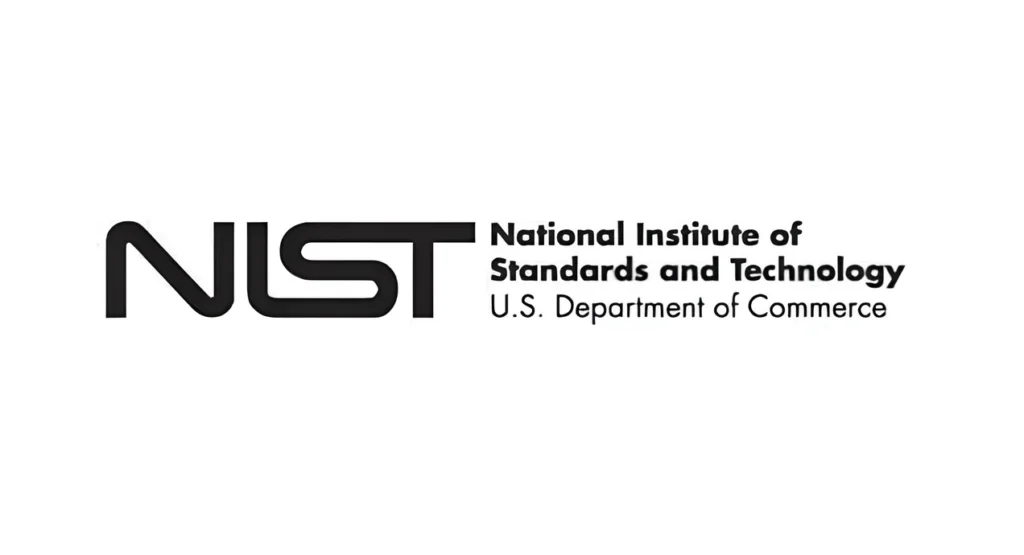“We care deeply about the problems that quantum could be able to solve, and as such, we’re interested in finding what would be the use cases where we could apply Quantum when it gets ready,” said Alberto Prado, setting the tone for Unilever’s strategic approach to quantum computing. At the AI Summit London 2024, the Global Head of R&D Digital & Partnerships examined the future of this emerging technology and its impact on the ever-evolving AI landscape.
While acknowledging that quantum computing is still “at the minimum 3 to 5 years before it can be commercially available for commercial use to us at Unilever,” Prado stressed the company’s proactive stance.
“The question is, can we build an understanding of the value of the return on investment of the use cases where quantum actually could deliver an advantage and be ready for when the time comes?” he said.
Amidst the anticipation surrounding quantum computing, Prado underlined the immediate advantages of artificial intelligence, particularly in the realm of scientific discovery.

“We are certainly investing in it, trying to make sure that we can fully leverage the power of AI and the latest AI development,” he affirmed, before adding: “AI requires companies to be able to capture, manage and exploit the data in a way that is conducive to value creation.”
Prado shed light on Unilever’s strategic approach, which involves developing a robust data ecosystem.
“We have a platform called Data Lab, where you can actually get access to all the data that our scientists need and all the tools that you need to be able to build models and tools that we can then democratize across R&D,” he explained, underscoring the importance of data-driven innovation.
Looking ahead, Prado sees a future where AI plays a pivotal role in accelerating scientific discovery.

“We’re on that journey to leverage AI, machine learning for screening of molecules, for example, to be able to find molecules with the right properties that can actually deliver consumer benefits and be able to do that in a matter of days rather than years,” he said.
Prado acknowledged, however, the challenges companies face in fully harnessing AI’s potential.
“A big part of that is within the organization, how can we change ways of working, how can we transform the way that we create value because we have access to these tools and large-scale data that we can generate value in radically different ways,” said Prado.
With evolving AI landscapes, in particular with generative AI and large language models, Prado thinks that an “AI technology ecosystem” will form, stressing the importance of combining various elements in a way that adds value to the company based on specific use cases or problems that need to be solved.
Unilever’s strategic approach to quantum computing and its continuous investment in AI make it clear that the company is dedicated to staying one step ahead of the increasingly competitive, technology-driven market. The key, as Prado put it aptly, is in understanding the value proposition of emerging technologies and being ready to harness their potential when the time is right.
Featured image: Credit: AI Summit















